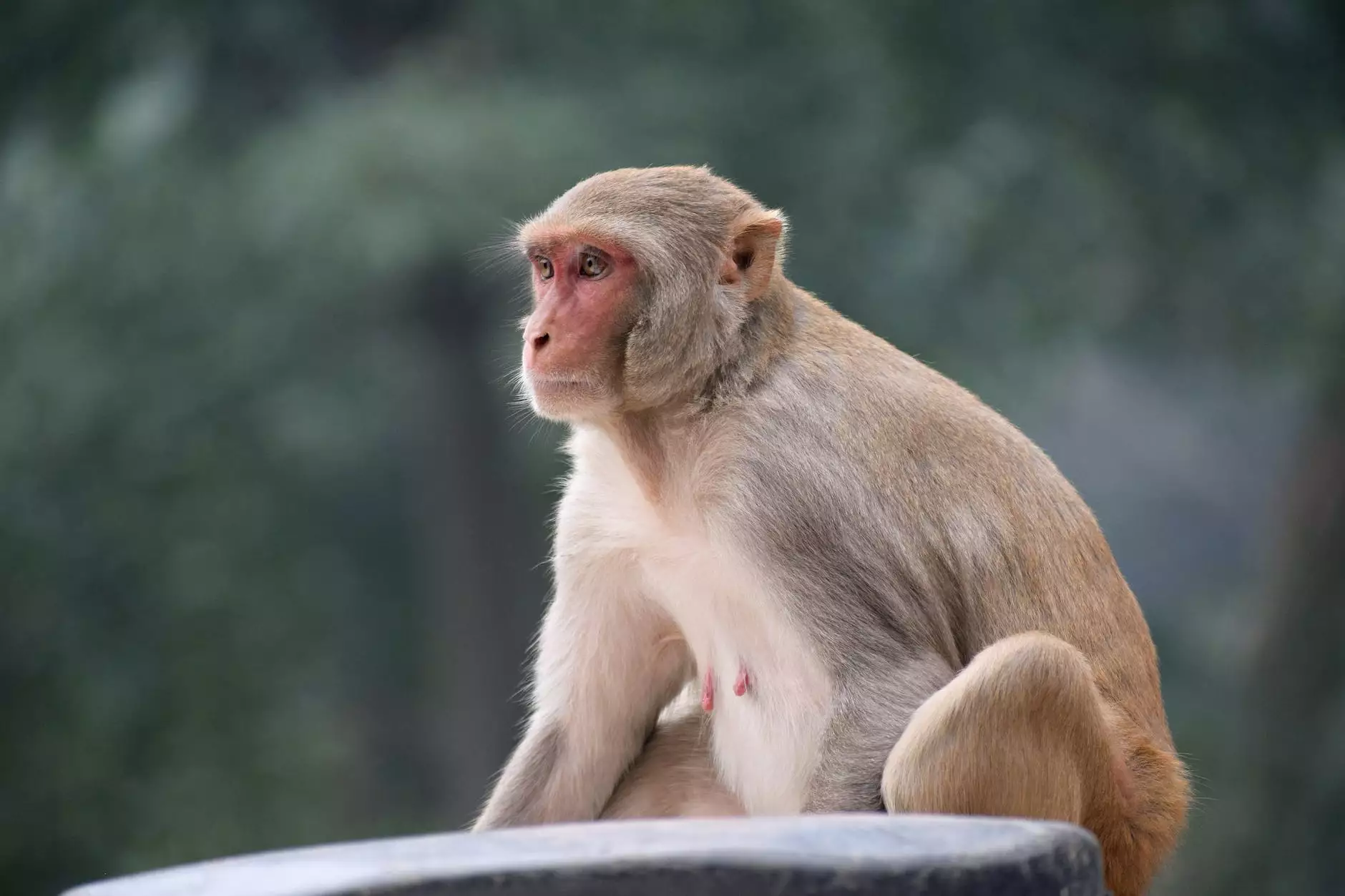Monkey Pox Facts | Sexual Health Awareness Month

Introduction
Welcome to the official website of CTIP The Council for Trade and Investment Promotion. As part of our commitment to promoting sexual health awareness, we present you with comprehensive information about Monkey Pox, its symptoms, prevention, and treatment. Stay informed and take charge of your sexual health!
What is Monkey Pox?
Monkey Pox is a rare viral disease that primarily affects animals, including monkeys, rats, and other rodents. However, it can also spread to humans through contact with infected animals or by consumption of their meat. Monkey Pox is more prevalent in certain parts of central and West African countries.
Causes and Transmission
The primary cause of Monkey Pox is a virus called Orthopoxvirus. It is similar to the virus that causes smallpox but less severe. The transmission of Monkey Pox to humans occurs through:
- Direct contact with infected animals, including bites or scratches.
- Indirect contact with contaminated objects, such as bedding or clothing.
- Consumption of undercooked meat from infected animals.
- Human to human transmission through respiratory droplets, bodily fluids, or skin lesions of infected individuals.
Symptoms
Monkey Pox symptoms usually appear within 5-21 days after exposure. The initial symptoms may include:
- Fever
- Headache
- Muscle aches
- Backache
- Swollen lymph nodes
After a few days, a rash typically develops, often beginning on the face and then spreading to other parts of the body. The rash changes and progresses through different stages, including the formation of pustules. These pustules eventually crust over before healing.
Other symptoms that may occur include:
- Sore throat
- Chills
- Swelling of the eyes (conjunctivitis)
- Cough
- Shortness of breath
- Diarrhea
- Nausea
- Vomiting
- Abdominal pain
Note: Symptoms may vary from person to person, and some individuals may experience a milder form of the disease.
Prevention
Preventing Monkey Pox primarily involves taking necessary precautions to minimize exposure to the virus:
- Avoid direct contact with animals that may carry the virus, especially wild animals.
- Wash hands thoroughly with soap and water after handling animals or their products.
- Avoid consuming undercooked or raw meat from animals that may be infected.
- Use personal protective equipment like gloves and masks when handling potentially infected animals or their materials.
- Practice good hygiene, including regular handwashing with soap and water.
Treatment
Currently, there is no specific treatment available for Monkey Pox. However, supportive care can help manage the symptoms and prevent complications. This may include:
- Resting and staying well-hydrated
- Taking pain relievers to reduce fever and discomfort
- Topical remedies to relieve itching and soothe the rash
- Isolation and quarantine to prevent the spread of the virus
If you suspect you have Monkey Pox or have been in contact with an infected individual, it is crucial to seek medical attention immediately to receive appropriate care and guidance.
Conclusion
Sexual Health Awareness Month is an ideal opportunity to learn about diseases like Monkey Pox that can impact sexual health indirectly. By understanding the causes, symptoms, prevention, and treatment of Monkey Pox, you can make informed decisions to protect your sexual health and well-being.
CTIP The Council for Trade and Investment Promotion is here to provide you with the most accurate and up-to-date information. Stay informed, stay protected!




